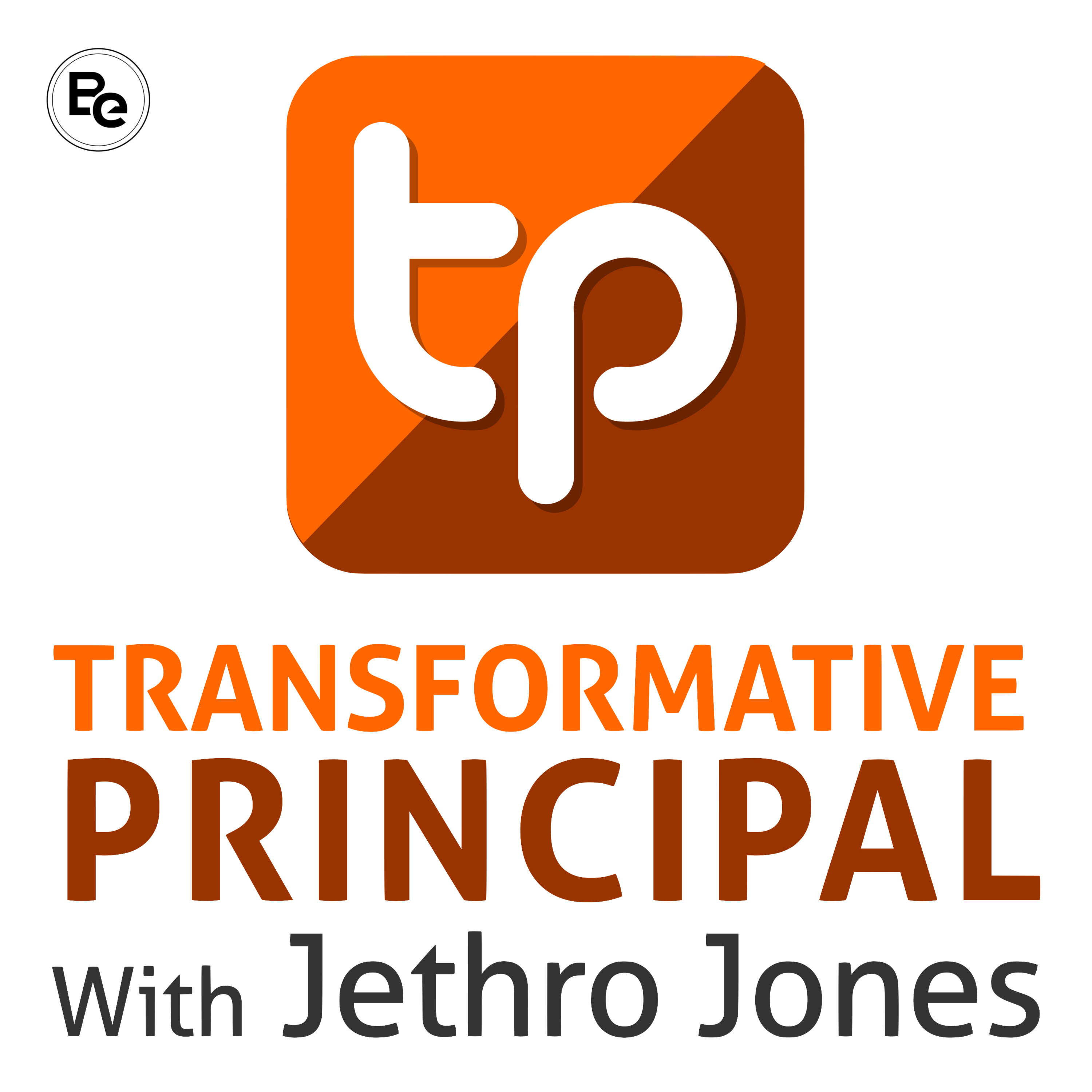- After-Shows
- Alternative
- Animals
- Animation
- Arts
- Astronomy
- Automotive
- Aviation
- Baseball
- Basketball
- Beauty
- Books
- Buddhism
- Business
- Careers
- Chemistry
- Christianity
- Climate
- Comedy
- Commentary
- Courses
- Crafts
- Cricket
- Cryptocurrency
- Culture
- Daily
- Design
- Documentary
- Drama
- Earth
- Education
- Entertainment
- Entrepreneurship
- Family
- Fantasy
- Fashion
- Fiction
- Film
- Fitness
- Food
- Football
- Games
- Garden
- Golf
- Government
- Health
- Hinduism
- History
- Hobbies
- Hockey
- Home
- How-To
- Improv
- Interviews
- Investing
- Islam
- Journals
- Judaism
- Kids
- Language
- Learning
- Leisure
- Life
- Management
- Manga
- Marketing
- Mathematics
- Medicine
- Mental
- Music
- Natural
- Nature
- News
- Non-Profit
- Nutrition
- Parenting
- Performing
- Personal
- Pets
- Philosophy
- Physics
- Places
- Politics
- Relationships
- Religion
- Reviews
- Role-Playing
- Rugby
- Running
- Science
- Self-Improvement
- Sexuality
- Soccer
- Social
- Society
- Spirituality
- Sports
- Stand-Up
- Stories
- Swimming
- TV
- Tabletop
- Technology
- Tennis
- Travel
- True Crime
- Episode-Games
- Visual
- Volleyball
- Weather
- Wilderness
- Wrestling
- Other
AI is Just a Baby Right Now with Timothy Dasey Transformative Principal 552
We are excited to have SchoolAI as a sponsor for the Summer of AI Series on Transformative Principal. Please visit schoolai.com to save your teachers 10 hours per week.
You have a long background in AI so you’ve seen the ups and downs of that field and the over-hype cycles of the past. Why are the warnings about AI credible now, and what do you see as the biggest dangers?
AI as a tool to remove drudgery
It’s just doing a repetitive task over and over.
Behavior has emerged from abstractions.
These systems are babies.
Questions schools should be asking about AI Services they adopt.
AI companies don’t exactly know what they are selling.
Impossible to test what all the software can do.
Having ways to monitor what is going on.
Bring students into the process.
Productive Struggle - Jo Boaler
APLUS Framework:
Moving toward a realm where general cognitive skills will matter more than domain-specific expertise
The way we are doing school is not the best way to get there. How you divide up your functions drives the overall ethos of the system.
Memory system is fundamentally associative.
The better network you have, the better you’ll learn.
Work on problems that have different issues, trade-offs, limitations, etc.
Resource management becomes a major skill that is needed.
Carving up the world according to common challenges than knowledge domains.
Knowledge on demand.
Teaching the forest and filling in with trees.
We tend to take knowledge and pile it up brick by brick.
Change is hard.
Activation energy - if there’s too much friction, it’s very difficult.
AI in the classroom - teacher workload less.
When you deal with complex issues, you keep what works and jettison what doesn’t.
Working on multi-disciplinary challenges.
Student agency is a must.
Is there enough understanding of the conceptual ideas?
Moving to increased levels of abstraction.
About Timothy Dasey
Dr. Tim Dasey has a long history of technical development, analysis, and leadership on huge national issues like today’s AI emergence. His graduate school dissertation in the early 90s was on AI machine learning applied to neuroscience, and that combination has allowed him unusual perspectives on learning in general, whether for AI or people.Tim spent thirty years at MIT Lincoln Laboratory—their national security hub—where he developed (10 years) and then led (20 years) technology analysis and development for a wide array of challenges. He led 40–80 person groups focused on Chemical and Biological Defense and then AI, and grew new business areas in public health, bioengineering, disaster management, logistics, critical infrastructure protection, and law enforcement.Tim has eclectic expertise that allows him to contribute to leadership and management studies, computer science, biology and medicine, psychology, modeling and simulation, human-systems integration, education, and system analysis. He holds a Ph.D. degree in Biomedical Engineering from Rutgers University and a B.S. in Electrical and Computer Engineering from Clarkson University.
Relative to education, Tim has taught study skills and computer science at the college level, and computer science for 8th graders. However, Tim doesn’t consider himself a teacher since his classroom experiences were brief. His expertise is in AI, the present and future of work, and learning science (humans and machines). He also led the development of numerous educational games over a decade at MIT.He currently runs a consulting company that focuses on AI opportunities and strategic implications

